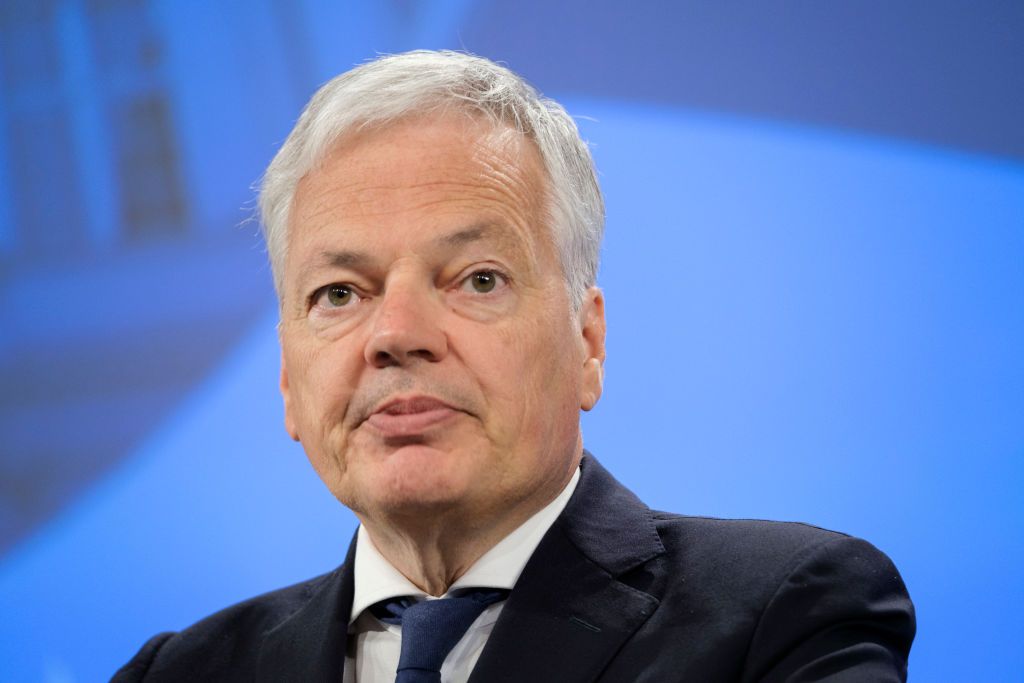Politico: EU Justice Commissioner eyes top job at Council of Europe

The European Union's top justice official, Didier Reynders, is hoping to become the next head of the Council of Europe, the continent's leading human rights organization, Politico reported on Jan. 7, citing an unnamed Belgian official and a member of Reynders' political party.
The Council of Europe, headquartered in Strasbourg, France, is currently headed by Marija Pejcinovic Buric, who started her five-year mandate in 2019. The organization is not a European Union institution.
The Council of Europe Office in Ukraine has helped the country to bring its legislation, institutions, and practices regarding human rights, the rule of law, and democracy further into line with European standards, according to their website.
Reynders, who's currently the Belgian representative in the European Commission, hopes that the Belgian government will formally nominate him for the top job at the Council of Europe later this week, and chances are high it will happen, the anonymous official told Politico.
Reynders also reportedly expressed willingness to stay a member of the European Commission, the EU's executive body, in its next term. However, the chance of Reynders remaining a commissioner may be impeded by European Council President Charles Michel's candidacy at the European parliamentary election in June, Politico wrote.
Michel and Reynders are both from the Belgian liberals of the Reformist Movement (MR). They have been known for their long-running conflict over control of the party, culminating in 2010 when Reynders was ousted from the MR leadership, according to Politico.
In the EU's system, the European Parliament vets Commissioners and approves the European Commission by a single vote of consent.
"It won't be impossible that Charles Michel will push for Reynders to stand a chance (at the Council of Europe) so he's out of his way for the next five years," the unnamed party member told Politico.
The parliamentary election will be held from June 6-9 in all 27 of the EU countries. Michel announced on Jan. 6 that he will run as a candidate, possibly triggering a crisis to fill a top diplomatic position.
Should Michel take up his seat in the European Parliament in mid-July, EU leaders will have to quickly appoint a successor for his vacated Council post.
As Hungary takes over the rotating presidency of the Council in July, Hungarian Prime Minister Viktor Orban could fulfill the role of Council president if EU members do not quickly agree on a candidate, which would likely cause further conflicts between Commission members.
Since the start of Russia's full-scale invasion of Ukraine, Hungary has repeatedly obstructed EU support for Kyiv, opposed sanctions against Russia, and now threatens to thwart Ukraine's EU aspirations.














